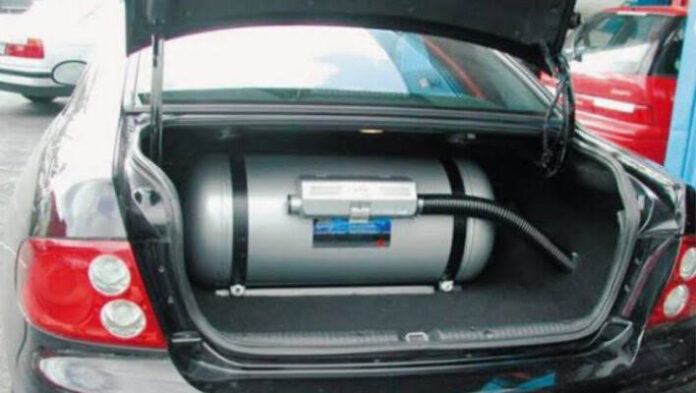There is a paradigm shift in the automotive and other industries as the cost of diesel and petrol have skyrocketed across the country, since the removal of subsidy in the oil industry.
In the immediate run, the emphasis is to move to a cheaper and greener alternative which has been the focus across the globe. The gas revolution no doubt is the focus of many manufacturers given its availability, friendly price and environmentally friendliness.
Interestingly, the Federal Government has launched a Compressed Natural Gas, CNG, programme to reduce transportation costs by nearly 50%, promote the conversion of vehicles to CNG, and introduce CNG-powered buses across major cities.
However, it is noted that the Dangote Refinery’s recent entry into the diesel market has triggered a significant price drop, bringing diesel costs down from ₦1,700 to ₦1,350 per litre. While the drop in price is relatively remarkable it is not sure how long this optimistic posture would last as several factors could come into play to wipe away this price drop. It is worthy to note that other refineries are already on stream and it is believed that should the tempo be sustained there would be a positive impact that would drive down production cost.
Middlemen and marketers who have over the years engaged in nefarious market practices will no doubt have a rethink.
Fuel rice decline is expected to ease financial pressure on manufacturers dependent on diesel-powered operations.
Industry leaders highlight that the shift to natural gas not only offers a cost-effective solution but also aligns with global sustainability goals.
We commend the Manufacturers Association of Nigeria, MAN, which has sustained a campaign urging businesses to embrace sustainable energy practices, noting that energy expenses constitute 30-40% of production costs.
Given the reported 200 trillion cubic feet of natural gas reserves, stakeholders see this transition as a strategic move toward long-term industrial stability and economic resilience.
While we see this ambitious gas initiative as encouraging, it is imperative for the federal government to firm up its policies on CNG and other related gas programmes. This is necessary in order to sideline saboteurs who are profiteers from other sources of energy.
There is the need to take the gas initiative beyond the urban centres to more remote locations where dependence on petrol and diesel remains ingrained and appearing indispensable.
We call on all stakeholders to support the initiative which aims at driving down production cost and easing the pain of end-users.





